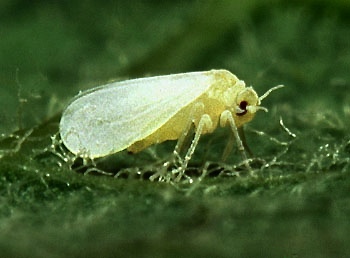Global pest uses promiscuity to wipe out competition
Sex is good - especially when
outperforming the competition.

One of the world’s most invasive agricultural pests that has devastated crops in China and Australia in recent years owes its “success” to its mating habits. The insect arrived in Australia and China in the 1990s through the international flower trade and has since displaced native populations of the same type in both countries.
In Australia, for example, it took the invaders just three years to supplant the native population in Queensland and five years to do the same in the southwest of the country.
Immediately after the invasion, the two populations try to interbreed because they cannot tell each other apart, but they cannot successfully reproduce. This results in a greater number of male offspring because this species of aphid is a haplodiploid which means that males are produced from unfertilized eggs and females from fertilized eggs.
The invasive females respond to the ensuing abundance of males in their environment by becoming more promiscuous and having more frequent sex with those males they can mate with, which leads to an increase in female offspring. In contrast, the indigenous females do not become more sexually active due to the increased availability of male partners.
The upshot is that the proportion of females among the invading population of insects keeps climbing, while the number of indigenous females goes down, eventually leading to extinction.
There must be some simplistic parallel to human behavior that I’m missing here. Perhaps, something about abstinence?
Posted: Fri - November 9, 2007 at 09:36 AM